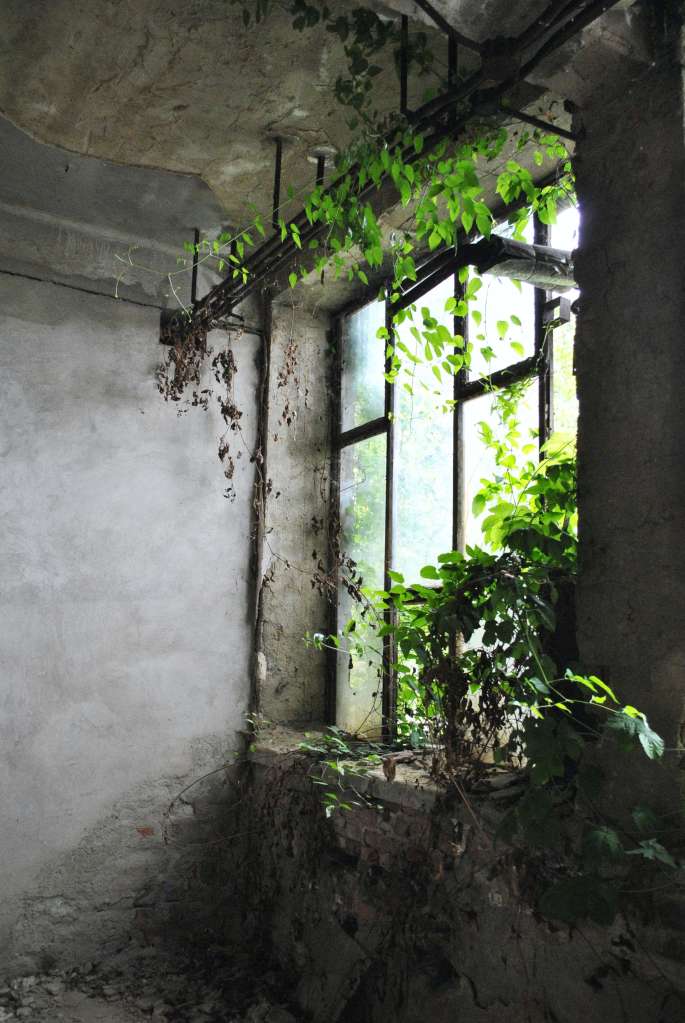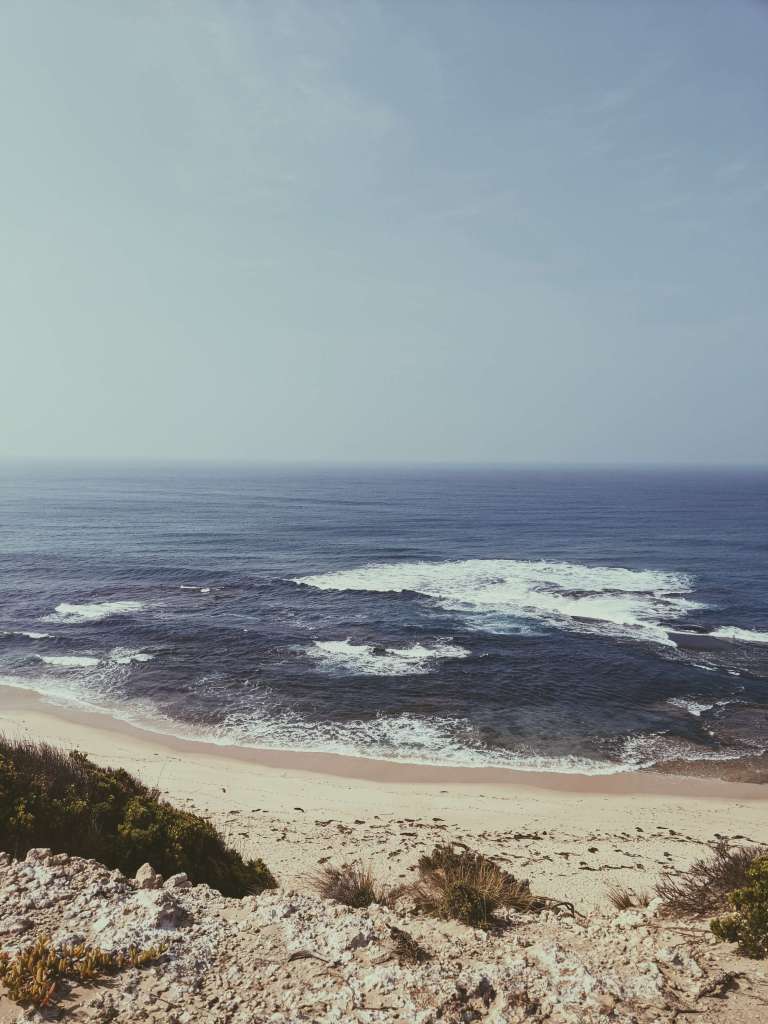
Queering Ecopoet(h)ics
'Queering Ecopoet(h)ics', edited by Dr Willo Drummond and Stuart Barnes brings together a collection of extraordinary poems and poets whose work queer the natural world in diverse and tender ways.
Browse our catalogue of issues featuring new poetry by established and emerging writers from Australia and around the world.

'Queering Ecopoet(h)ics', edited by Dr Willo Drummond and Stuart Barnes brings together a collection of extraordinary poems and poets whose work queer the natural world in diverse and tender ways.

For this issue, editor Kristen Lang asked what it might mean (bodily, emotionally, collectively) for a consumer-based, human-centric society to embrace Earth-centric thought and behaviour.

The Herbarium Tales project seeks to find out how plant-human connections have changed and asks what relevance herbarium collections hold in a changing world.

Edited by Charmaine Papertalk Green and John Kinsella, this issue opens up new perspectives on how ecologically-concerned poetry can be sensitive to First Nations cultures, country and knowledges, while also taking into account global environmental and human rights focuses.

Edited by Sophie Finlay, this issue explored how the properties of lyricism can enact an ecocentric form of poetry that promotes connection between human and more-than-human worlds in a form of networked and embodied belonging.

The creative works and essays collected here were originally presented at Requiem, an exhibition curated by Janet Laurence and the Sydney Environment Institute at the University of Sydney, led by Dannielle Celermajer and Michelle St Anne.

For this issue, editor Jonathan Skinner asked what differences or common ground lay exposed by our shared, yet situated experiences of the first global lockdown of 2020.

Edited by John Charles Ryan, this issue embraced the ancient grounding of poetry in poiesis—in the creative act of making, becoming, bringing-forth or emerging, and subsequent questions of relations and ethics.

For this issue, Anne Elvey curated responses to the multidimensional, or intersecting energies of location, gender and climate. Location stands in for located experiences of race, place and identity.

In editing this issue, Jill Jones looked for poems that showed things as they exist and operate in ecological systems. Climate systems, disturbances, big world systems, tiny bioregions, our own bodies, and how they exist as traces, and absences.

Curated by Bonny Cassidy, each of these poems uses the power, and privilege, of expression as a way to invoke and affirm human agency in the face of compromised ecologies and their obscuration for capitalist and domineering ends.

For this issue, editor Michael Farrell was motivated by the cultural emphasis on recycling, non-biodegradable garbage and thoughtless disposal.

Curated by Stuart Cooke, this issue is a collection of compelling portraits of noisy, chattering environments, unsilenced by the brutal weight of capitalism and other varieties of carelessness.

The poems collected here were published as part of an online day of action at Plumwood Mountain Journal on 30 October 2017, in support of the Stop Adani Campaign.

Harriet Tarlo curated a collection of poems that engage with the question of ‘what to feel now’; how our lack of orientation and presence has led to an overemphasis on ourselves and the earth as ‘ours’.

Edited by Peter Minter, this issue is sympathetic to the vision of a decolonised Australia, a place where settler and Indigenous cultures have begun to find an existential common ground that is beyond postcolonial.

Tricia Dearborn asked how humans engage and interact with the earth—physically, emotionally, intellectually and spiritually, from the broader sweep of humanity down to the most intimately personal.

This special issue was curated by Anne Elvey, Peter Minter and Stuart Cooke in memory of Martin Harrison, 1949-2014.

Broad, loose boundaries allow readers to consider what ecopoetry might be. Edited by Anne Elvey, this issue explored what contemporary poetry is without an ear to the damage humans cause to the habitats of so many otherkind and to our own?

For this issue, Anne Elvey asked how a poem might call forth in its reader a kind of attentiveness to the other in all its specificity of place, community and kind. The issue considered how environmental empathy opens to ecological ethics and activism.

Curated by Anne Elvey, the inaugural issue of Plumwood Mountain Journal explored a rethinking, reimagining, and restorying of what it means to be human—an unsettling of selves, of languages and of poetics.